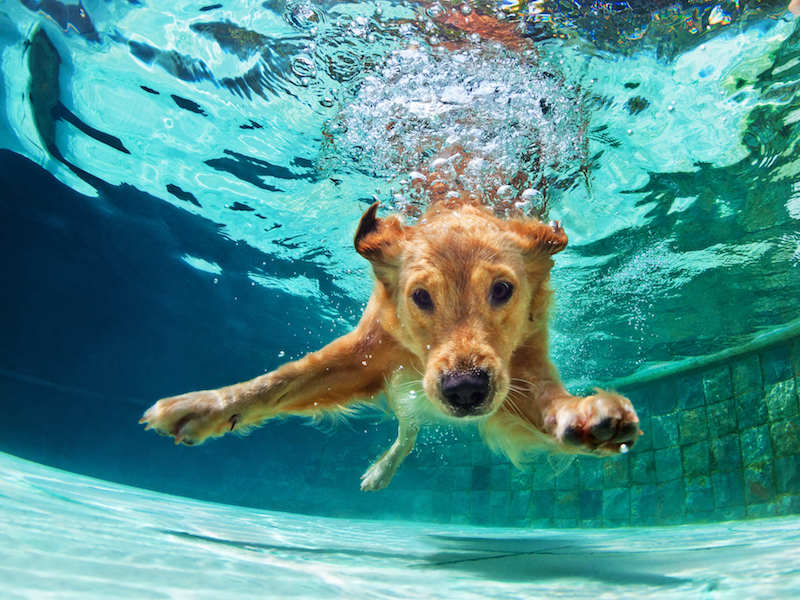
There are a lot of different things that can ruin the delicate that makes a hearing aid work the way it does, but few have the impact of water. In fact, you could call moisture kryptonite for hearing aids. Taking that into consideration, humidity is a big problem.
Invisible moisture has the highest chance of causing permanent damage. It’s time to learn more about why humidity is a negative thing for hearing aids.
Understanding Humidity
Humidity is a word that gets talked about a lot, especially during the summer months, but what is humidity? PBS describes humidity as water molecules in the air. The relative humidity refers to the ratio of water molecules in the air compared to how many the air can actually hold. The higher the percentage, the wetter everything feels.
Humans cool their body by sweating so that makes us very sensitive to humidity. When you sweat it evaporates into the air, but that doesn’t happen as fast when the humidity level is very high. Electronics are also susceptible to humidity and that is why it has such a detrimental effect on hearing aids.
Understand Humidities Effect on Hearing Aids
Too high or, too low, humidity can impact your hearing aids. When it’s too damp, the intricate electronics will accumulate condensation. When it’s overly dry things become more brittle.
Hearing aids rely heavily on internal electronics to function. Newer digital hearing aids use a state-of-the-art audio processing chip to control noise. Because of this, you get amazing features like:
- Noise reduction
- Anti-feedback
- Targeted listening programs
- Digital sound streaming
Moisture can collect inside the hearing aid when humidity is high and harm that component. Batteries get wrecked and you get corrosion of elements inside of the case. It’s the equivalent of dropping your hearing aid in a pool of water.
Keeping Humidity Under Control
If you are looking at hearing aids, try to find products that are water-resistant. This feature will give you some protection against humidity and wet weather, but you still can’t swim with them in.
When it’s very humid try to lessen indoor water vapor by using a dehumidifier. It’s not just your hearing aid that will benefit, there are health benefits, and other electronics in the home will also be protected. Dehumidifiers reduce the risk of mold, mildew and dust mites, so everyone breathes a little better, too. Although a house or room dehumidifier will help protect your hearing aids, it’s not enough. You will need to take other steps at the same time.
Consider buying a dehumidifier designed especially for hearing aids. They come at all costs levels. Drying kits rely on silica gel crystals to protect the electronics. You put the device in the dehumidifier for a couple of hours to eliminate moisture. There are also storage containers that dry hearing aids out each night as you sleep. In a pinch, you could use a bag of uncooked rice to remove moisture.
Don’t forget to leave the battery door open when you store your device. By pulling that door open before you put the hearing aid down, you expose the batteries and other elements to the air, allowing any condensation built up to evaporate naturally. Don’t just do this in the summer, do it all year round.
Always store your hearing aids in a cool, dry place. Avoid putting them in the glove compartment, in a hot room or on a table in the sun.
Other Moisture Considerations
Damage can be caused by other types of wetness. Don’t forget to think about other types of wetness like:
- Don’t touch your hearing aids with hands that are still moist from lotion.
- Find a safe place to store your hearing aids if headed for the pool or beach.
- Wear a sweatband when exercising. It’s a good practice whether you wear your hearing aids when you workout or not. Later that sweat will cause problems.
- Try not to put your hearing aid down on wet surfaces. You don’t want to place it in a wet spot left by a glass or coffee cup.
Your hearing aids are a valuable asset, so treat them that way. Consider how moisture and humidity can impact them and take steps to prevent water damage. If your hearing aid already has water damage make an appointment for service with a hearing aid specialist.